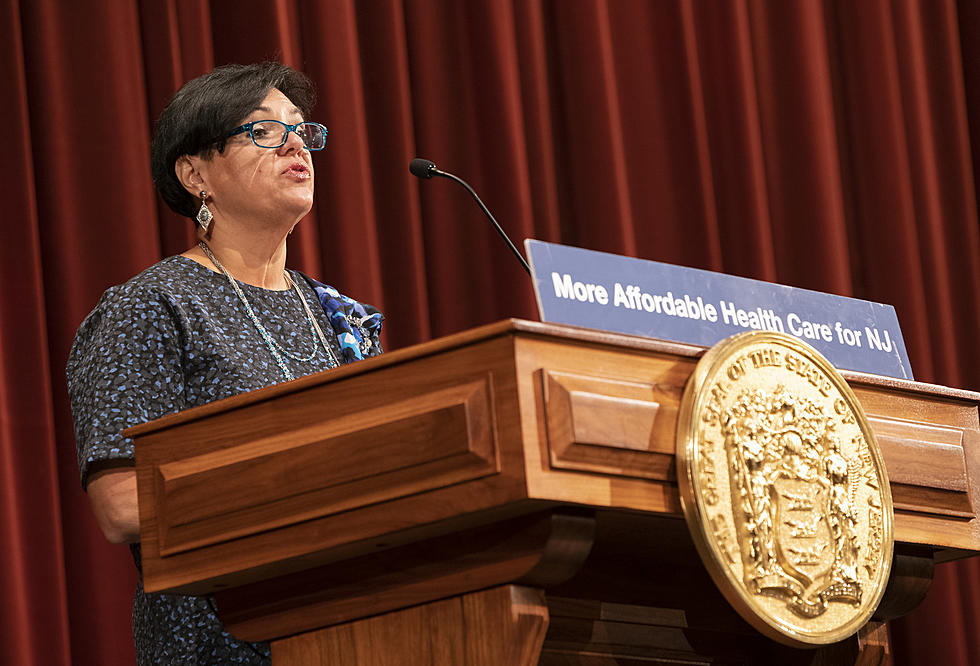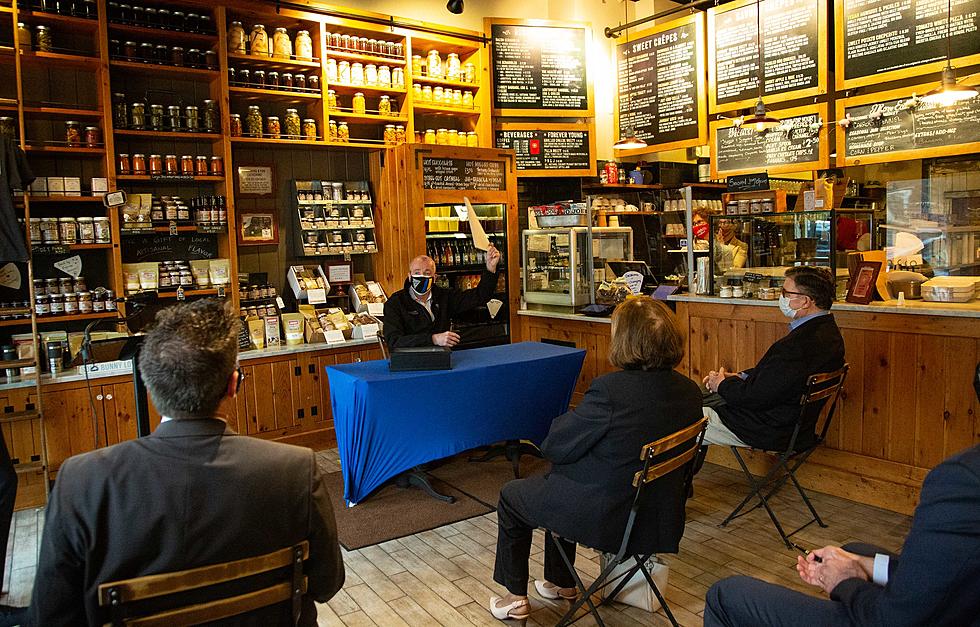
Is It Time to Revisit and Revamp Megan’s Law in NJ?
A peculiar thing — actually, two —happened on the way to banning New Jersey sex offenders from social media sites.
First, the proposal was scaled back over concerns it wasn’t legal. Then, lawmakers heard from a lawyer whose practice is focused on Megan’s Law cases who says New Jersey law in this area is misdirected and merits a top-to-bottom re-evaluation by a task force to make sure it’s effective.
James Maynard, a Morristown defense attorney and executive director of Sexual Abuse Ends Now, said sexual abuse should be treated as a mental health issue as much as a criminal-justice one, and that the state would be well-served to focus more on or reintegrating past offenders into society.
“The more than 20 years of legislative efforts directed at those with sex offense histories, while well-intentioned, represent a misdirection of resources away from the 95 percent of sexual abuse that is committed by first-time offenders,” Maynard said.
“We have a massive amount of new information, studies, evaluation techniques, actuarial tools – an entirely new platform of scientific and psychological understanding of sex offense, sex offense recidivism and sexual abuse,” he said. “It is time to have a complete and thorough reassessment of our law and public policy related to the prevention of sexual abuse and to prevention of sex abuse recidivism.”
As originally drafted, bill A1253 would have made it illegal for convicted sex offenders to use a social networking site. That raised questions about the bill’s constitutionality.
This month it was amended to instead upgrade the penalties for failing to comply with existing internet access restrictions slapped on people who used the internet to commit a sex offense. It would also begin requiring sex offenders to disclose to police and the State Parole Board any usernames, passwords and email addresses they use online.
Failure to disclose such details would become a third-degree crime, punishable by three to five years in prison and a fine of $15,000. Now it's a fourth-degree crime.
Assemblywoman Marlene Caride, D-Bergen, said that although some sites already bar sex offenders, her legislation would broaden the prohibition and add police supervision.
“This is designed to create another layer of protection for the youth of our state who, as we all know, are using social media at an increasingly younger age,” Caride said.
Assemblywoman Annette Quijano, D-Union, said the bill can prevent potential repeat offenders from victimizing children.
“Social media has created a complicated new landscape for law enforcement to navigate when it comes to sex offenders,” Quijano said.
Maynard said 3.4 percent to 8.6 percent of sex offenders in New Jersey commit a repeat offense, which comparatively is extremely low. He said the enhanced online restrictions should be based on an assessment of an individual’s risk, not the offense he or she committed.
“That is an ineffective way of doing this, and what it will end up doing is causing individuals who do not present a risk of sex offense, or sex offense recidivism in this case, from having unnecessary restrictions and duties to disclose information,” Maynard said.
“The longer we keep low-risk people, low to no-risk people, on regimes like Megan’s Law, we’re utilizing limited state resources that can and should be dedicated to … higher risk offenders that actually do pose a risk to society,” Maynard said. “We’re taking those resources and literally wasting them on people who don’t need them and are not posing a risk to the safety of society.”
Assemblymen John McKeon, D-Essex, and Michael Patrick Carroll, R-Morris, said Maynard’s suggestion for a task force, or at least a broader look at the issue, seems merited.
“I really hadn’t heard anything like that before. I don’t practice in that area,” said Carroll, an attorney. “It seems to me that would perhaps be something, akin like we did with alimony, that might benefit from a more comprehensive, one-committee agenda piece of attention.”
Under a 2007 state law, people who used the internet in committing a sex offense get barred by a judge from being online without written court approval. They also have to submit to unannounced checks of their computers by police, parole or probation officers. They also must disclose passwords used to access data on the computer, though not necessarily online.
The proposal in its original format was first proposed in May 2012 but was dormant until being amended and now is advancing through the Assembly Judiciary Committee this month.
It is eligible to be posted for a vote by the full Assembly, though no sessions are currently scheduled.
A companion version of the bill was introduced last week in the Senate.
More From WPG Talk Radio 95.5 FM










